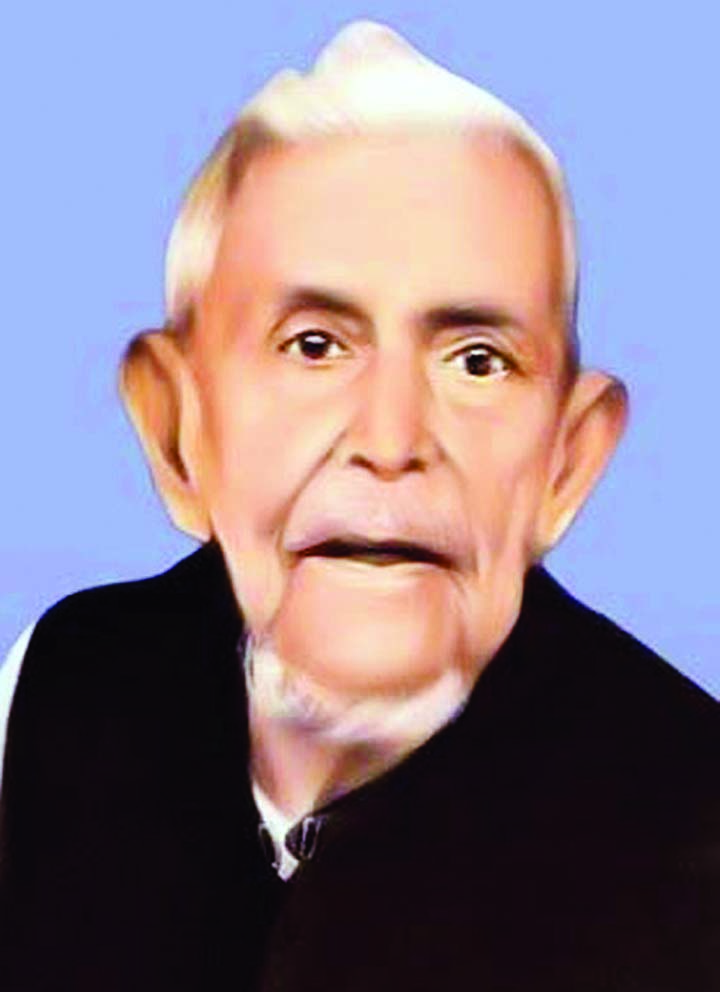
The 51st death anniversary of Maulana Muhammad Akram Khan, the pioneer of Bengali Muslim Journalism in the sub-continent was observed yesterday throughout the country, says a press release.
He died on August 18, 1968 in Dhaka and was born on June 7, 1869 in West Bengal. The life of Maulana Muhammad Akram Khan, which covered politics, religion, social reform, journalism, literature, is unique in the history of Muslim renaissance of the sub-continent.
Mohammad Akram Khan (1869-1968) was a journalist, litterateur politician and Islamic scholar. Born in village Hakimpur in the district of 24 Parganas of West Bengal, Maulana Mohammad Akram Khan did not have much formal education. He had, however, acquired deep knowledge in Islamic lore and in the history and culture of the Muslims of Bengal and of India.
Mohammad Akram Khan entered professional life very early as a journalist and worked first with the Ahl-i-Hadith and with the Mohammadi Akhbar. Akram Khan worked between 1908 and 1921 as editor of the Mohammadi and the Al-Eslam. He then published out the Zamana and the Sebak from Calcutta between 1920 and 1922. Sebak supported the Non-cooperation and the Swadeshi Movements. Sebak was banned and Akram Khan was arrested for his anti-government editorials.
In October 1936, he published the Azad, the only Bengali daily of Muslims of Bangal and Assam of that time which contributed greatly to generating support for the Muslim League in the pre-1947 days in Bengal.
Akram Khan started his political career as a supporter of the Indian National Congress. His concern was to safeguard the interests and rights of the Muslims of Bengal and Assam. He, therefore, actively participated in the formation of the Muslim League in 1906. From 1918 to1924 he was involved in the Khilafat and Non-cooperation movements.

